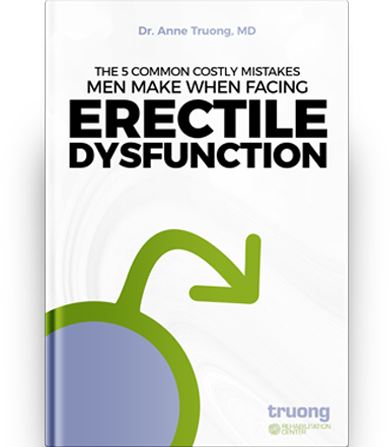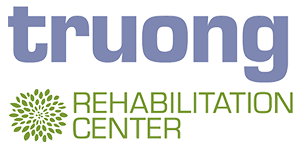Sleep health is an epidemic in the U.S., reports the American Sleep Apnea Association. Approximately 70% of US adults report having insufficient sleep for at least one night per month. An additional 11% report getting insufficient sleep daily. This is a major problem, and its relationship to chronic inflammation cannot be ignored. According to the U.S. National Library of Medicine, chronic inflammatory diseases stand apart as “the most significant cause of death in the world.” Nearly 60% of people across the globe die from a disease associated with chronic inflammation. Diabetes, cardiovascular diseases, joint disorders, allergies, and COPD are a few of these diseases, but not getting enough sleep can have additional health consequences. In fact, those that have experience trouble sleeping need to know a few things about the true devastating nature of insufficient sleep.
The Interactions Among Sleep, Inflammation and Aging.
When a person does not get enough sleep, they are more prone to errors in judgment. Such errors can increase risk of physical harm. Such risks include those taken while driving, failure to meet personal obligations, and much more. Furthermore, not getting enough sleep leads to a continued release of cortisol— the stress-fighting hormone of the body. Eventually, the body develops a tolerance to the hormone, rendering it almost ineffective and impacting other hormones within the body, such as testosterone and estrogen.
Sleep is the body’s natural way of healing itself from the stress over the day. Sleeping provides opportunities for damage to muscle tissues to be repaired, and it is essential to mental health. Without sleep, the body begins to break down and suffer.
How Does Sleep Affect Inflammation?
Not getting enough sleep also contributes to adverse consequences, including the loss of elasticity and health within the dermis and epidermis. The factors leading to a loss of sleep, such as excess caffeine intake or a high body mass index (BMI), further build on the problem. The result is the same; a person’s skin begins to age more rapidly. Over time, the three factors begin to compound, worsening the others and leading to a perpetual cycle of insufficient sleep, chronic inflammation, excessive aging, and deterioration of the body. The lack of sleep amplifies the existing conditions and increases risk for additional diagnoses, such as diabetes or other chronic health problems.
Healthy Sleep Habits Lower Inflammation and Offer Antiaging Benefits.
In a sense, healthy sleep really does possess beautification qualities, i.e., it promotes anti-aging properties of the body. Getting adequate sleep allows a person’s skin to rest and repair damage inflicted by life and even exposure to the sun. According to NBC News, people that get enough sleep report having brighter eyes, brighter complexion, clearer skin, improved skin condition, and fewer wrinkles. Since sleep provides an opportunity to regenerate the proteins and fibers of the skin, enough sleep amounts to an endless foundation of youth. Unfortunately, getting enough sleep does not imply that getting too much sleep is better. In fact, getting too much sleep can lead to consequences that mirror sleep deficiencies. Sleep on its own accord also carries anti-inflammatory properties through the release of cytokines, such as healing a joint without adding unnecessary or replenishing the energy reserves of the muscles.
How to Improve Sleep Habits and Reap Its Anti-Aging and Anti-Inflammatory Benefits.
Everyone will have nights when getting enough sleep is simply out of the equation. However, following a few tips can help improve sleep habits and encourage a healthy night’s rest, reports Healthline. The tips include:
- Wash your face before going to bed with a mild soap and using gentle circular motions.
- Place a glass of water on the bedside table for easy access if you wake thirsty during the night.
- Consider using a special pillowcase, such as a soft fabric that doesn’t compress your face.
- Elevate your head, reducing the risk of snoring, acid reflux and even nasal drip.
- Stop using electronic devices for the last two hours before bed, promoting the body’s natural release of melatonin—the “you’re getting sleepy” hormone.
- Go to bed at a regular, set time.
Few opportunities to reduce aging without steep costs and endless procedures exist. Fortunately, improving your sleep health and habits offer a way to lower your risk for chronic inflammation and achieve a healthier, more youthful appearance.











